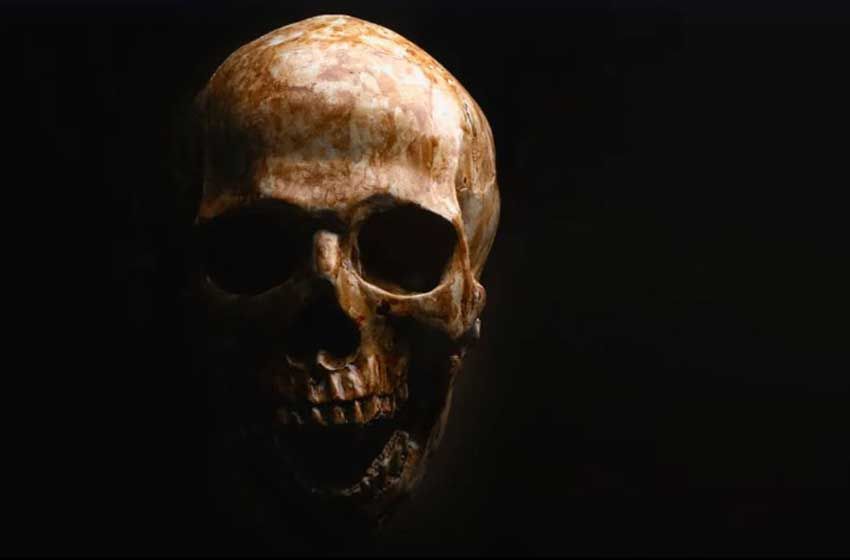Loading…
The ancient ancestors of people living in West Africa appear to have interbred with mysterious ghostly hominids, another missing character in human development. Photo/iflscience
Research shows that some populations living in West Africa today have traces of ancient hominin species evolving in their DNA. For example, Neanderthal DNA can still be found in many populations of non-African ancestry, and Denisovan DNA lives on in people of Asian descent.
Unlike these two relatives of Homo sapiens, modern science has never found physical remains of these ancient hominids. However, scientists using computer modeling techniques have found between 2 and 19 percent of their genetic ancestry.
Read also; China discovers the skull of “Dragon Man”, an alleged new species of human beings
Hominin is the term used to refer to the group consisting of modern humans, extinct human species, and all close ancestors of modern humans.
In an article in the journal Science Advances in 2020, researchers at the University of California, Los Angeles School of Medicine looked for this segment of an ancient ancestor. Search the genomes of more than 400 people from the four West African populations of the 1,000 Genomes Project, including the Yoruba and Mende peoples.
Researchers think that genes from an unknown hominin entered the gene pool through introgression, the gene flow that occurs when members of two populations mate. Then the resulting hybrid individuals reproduce with members of the parent population.
According to the researchers, it is very likely that the hominid in question is a completely new species of ancient human. Thus, his ancestors likely split from the human family tree earlier than that of Neanderthals and Denisovans.
“We know humans reproduced extensively with Neanderthals and Denisovans, and small amounts of their DNA can still be found in most European and East Asian populations,” the researchers said.
Furthermore, previous studies have shown for the first time that about 0.3% of African genomes contain Neanderthal ancestors. However, the unexplained DNA found in people currently living in West Africa does not match Neanderthals or Denisovans.
(wib)


